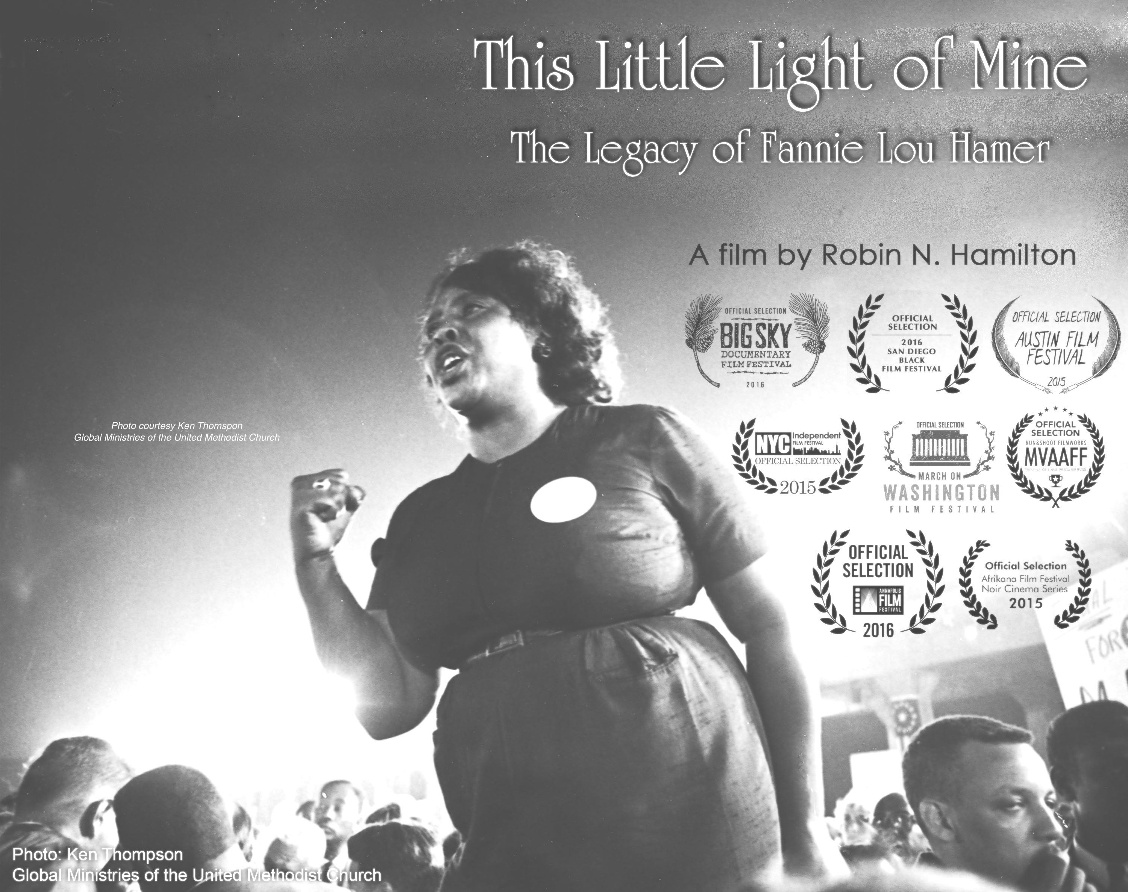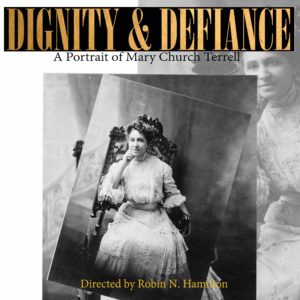The March on Washington
OVERVIEW Background and Context The historical context of racial segregation and discrimination set the stage for the March on Washington. African Americans in the United States were subjected to systemic discrimination and racial segregation, particularly in the Southern states. Jim Crow laws imposed racial segregation in public places, including schools and public transit, which fueled inequality and constrained African Americans’ possibilities. The rampant racism and brutality against Black people spurred the civil rights movement’s zeal to confront these injustices. An important influence on the March on Washington came from past civil rights demonstrations and activities. The Montgomery Bus Boycott, Freedom



